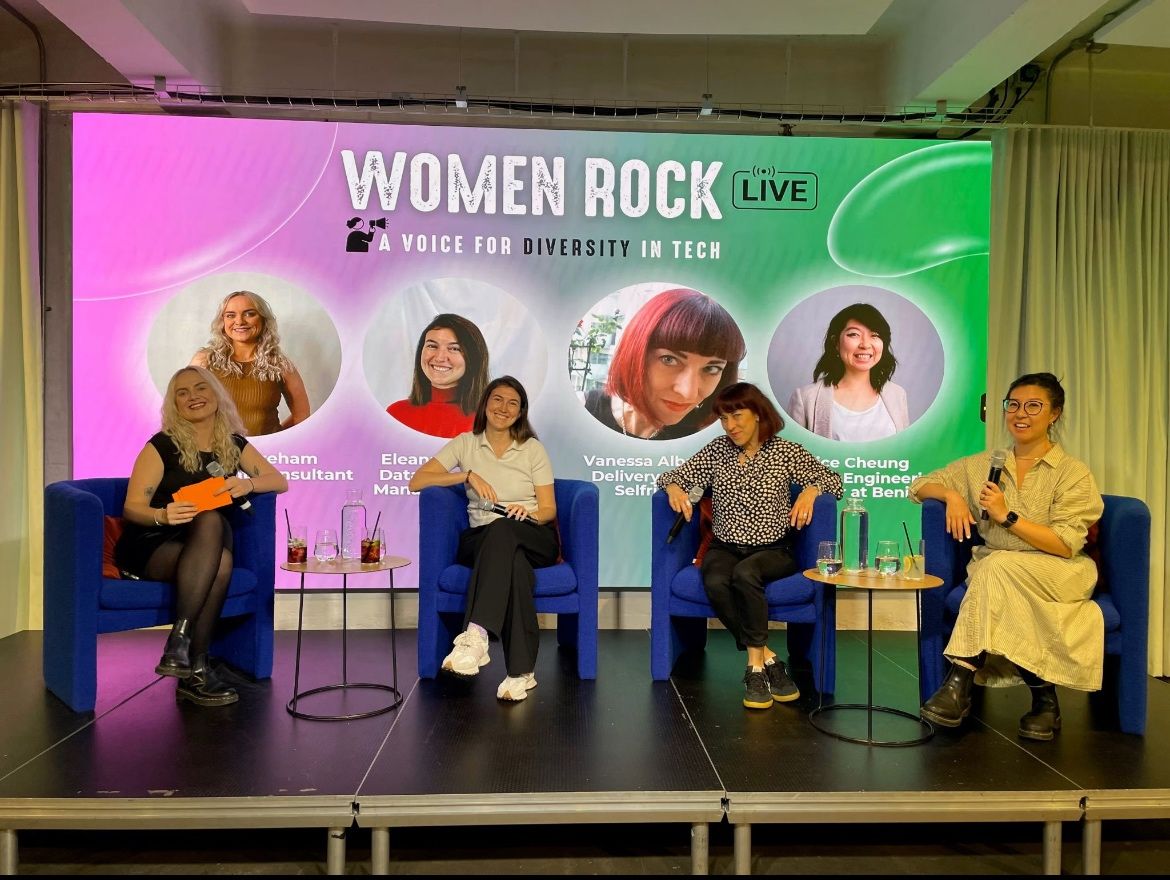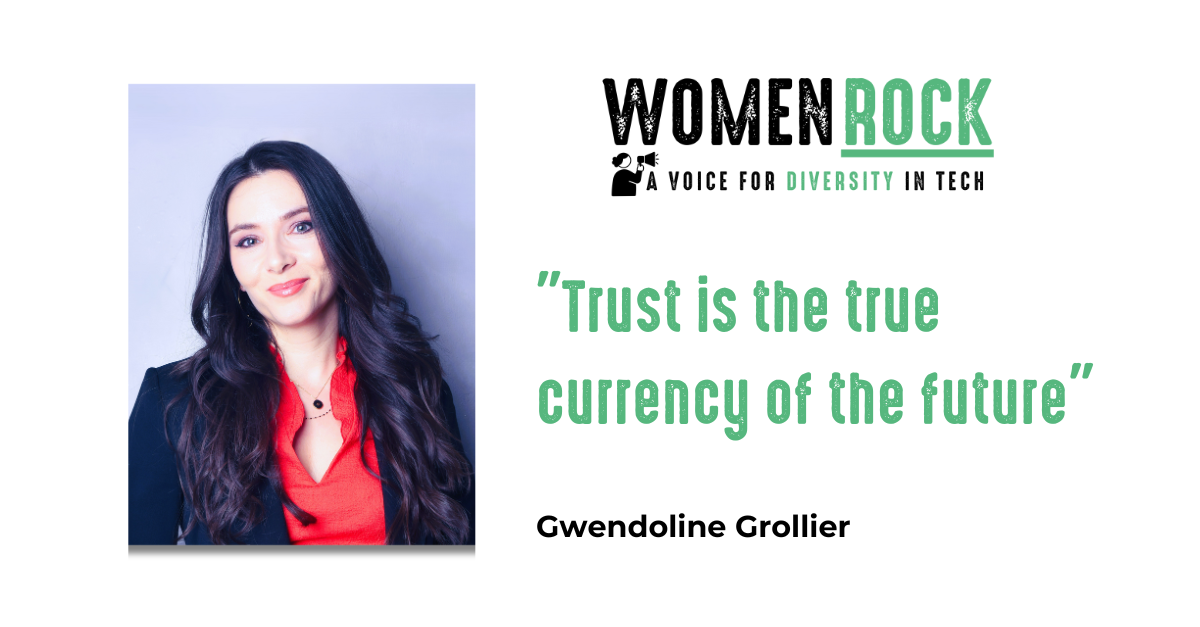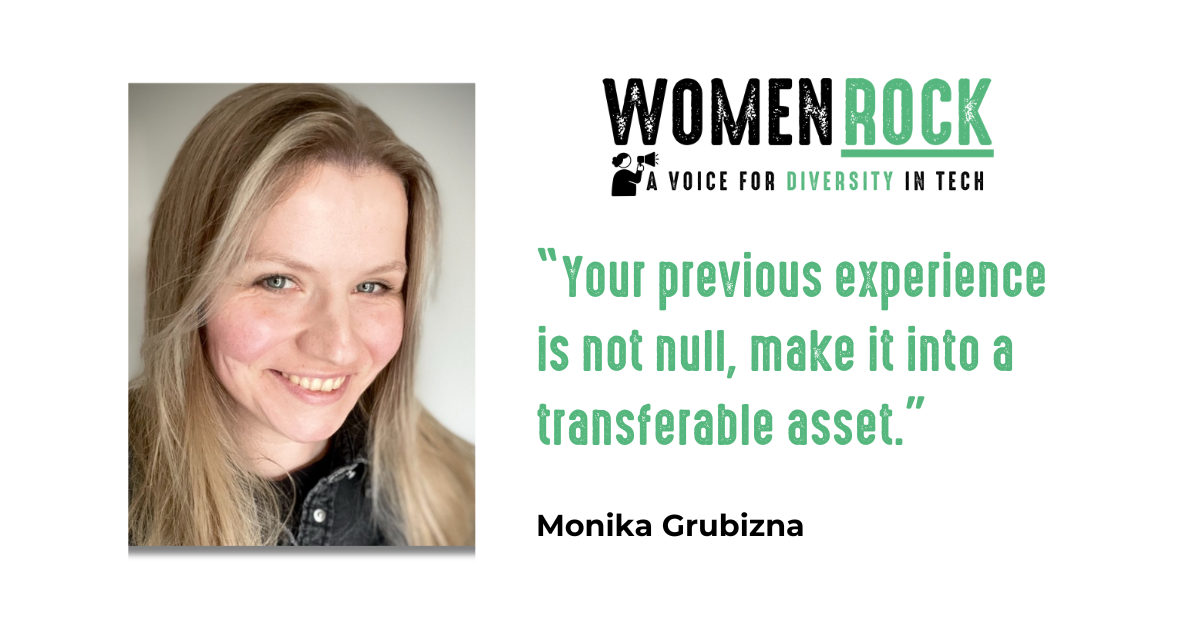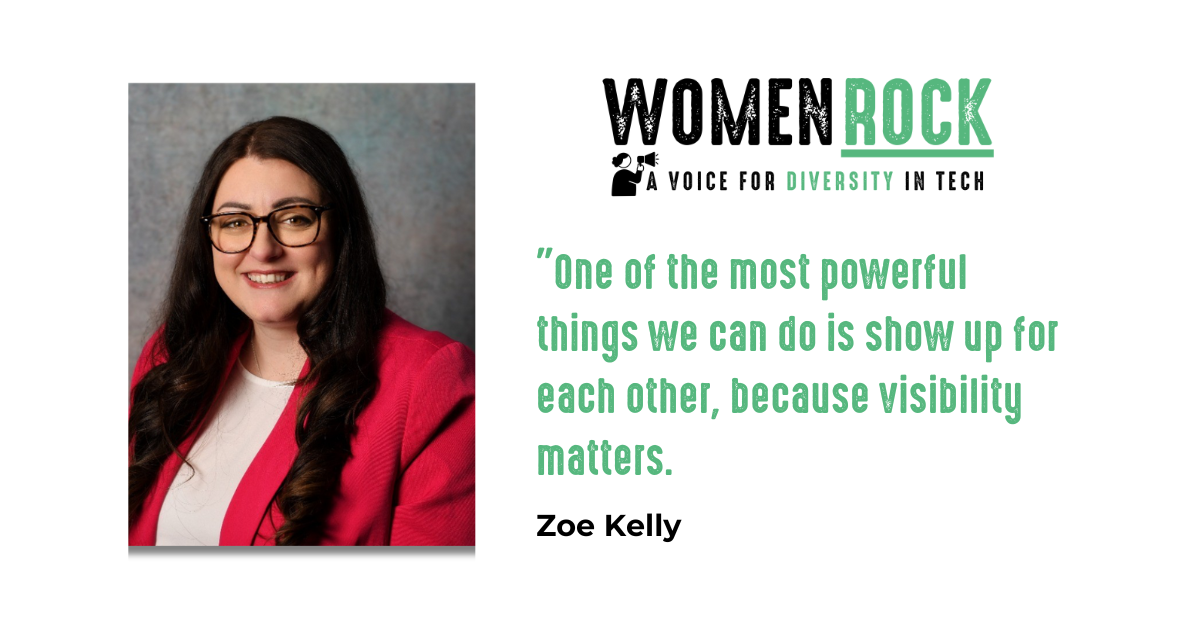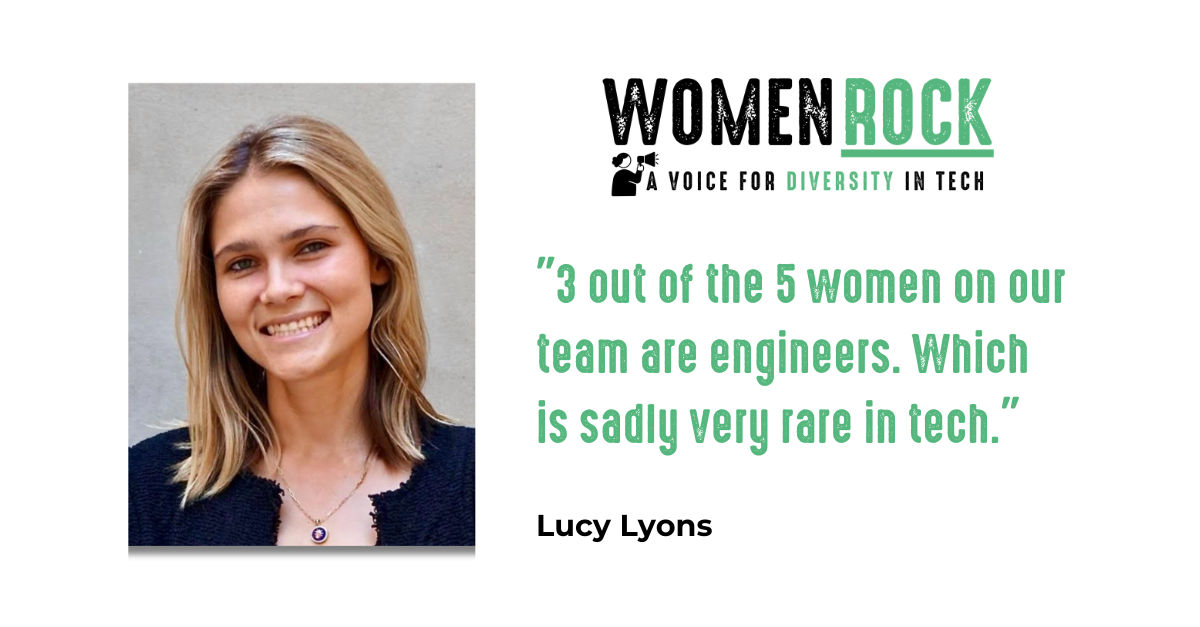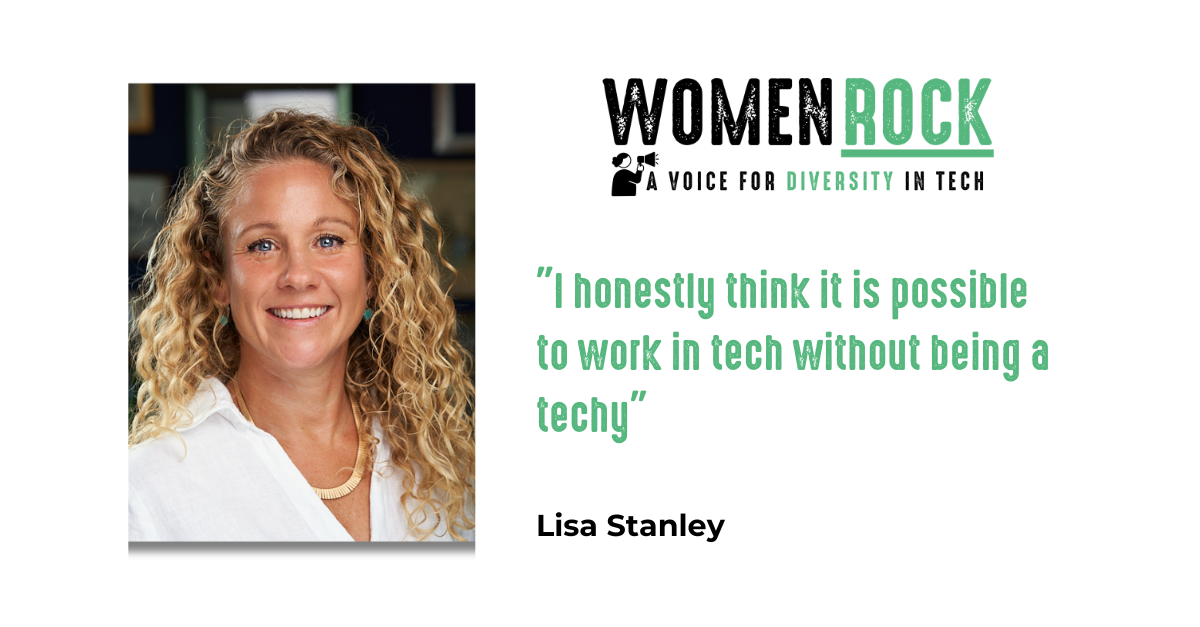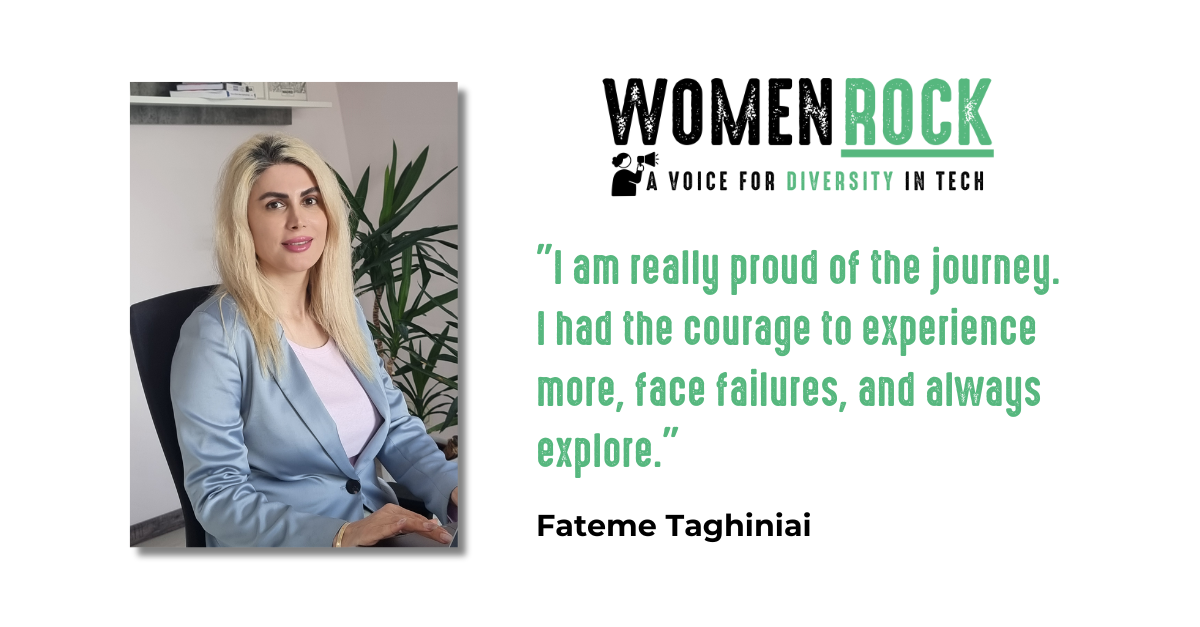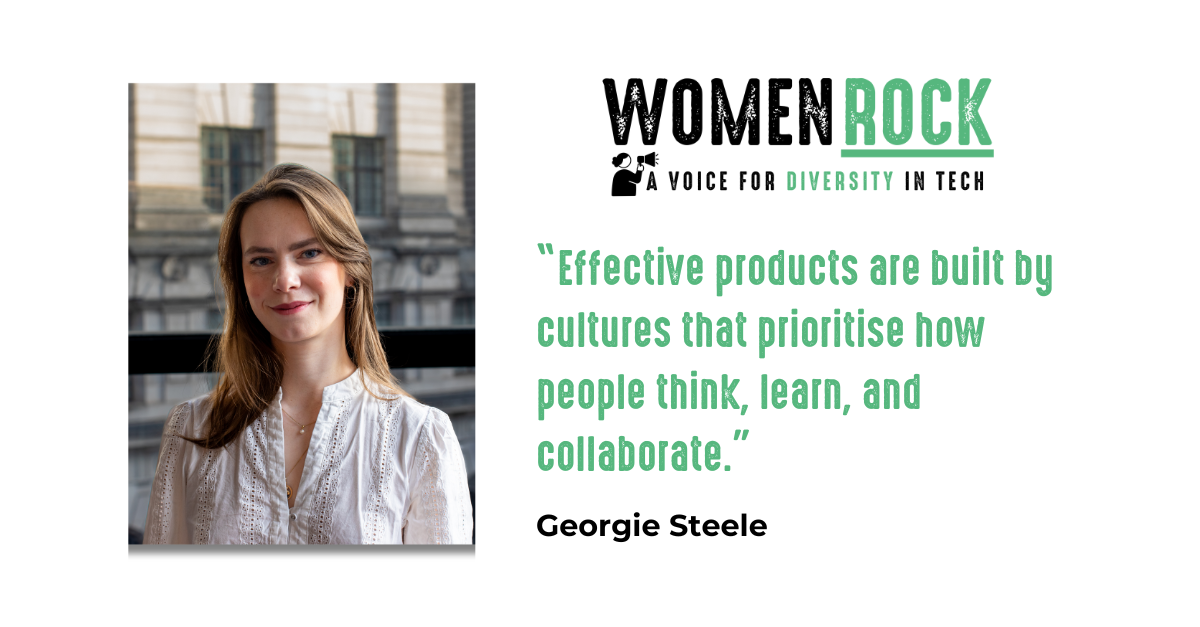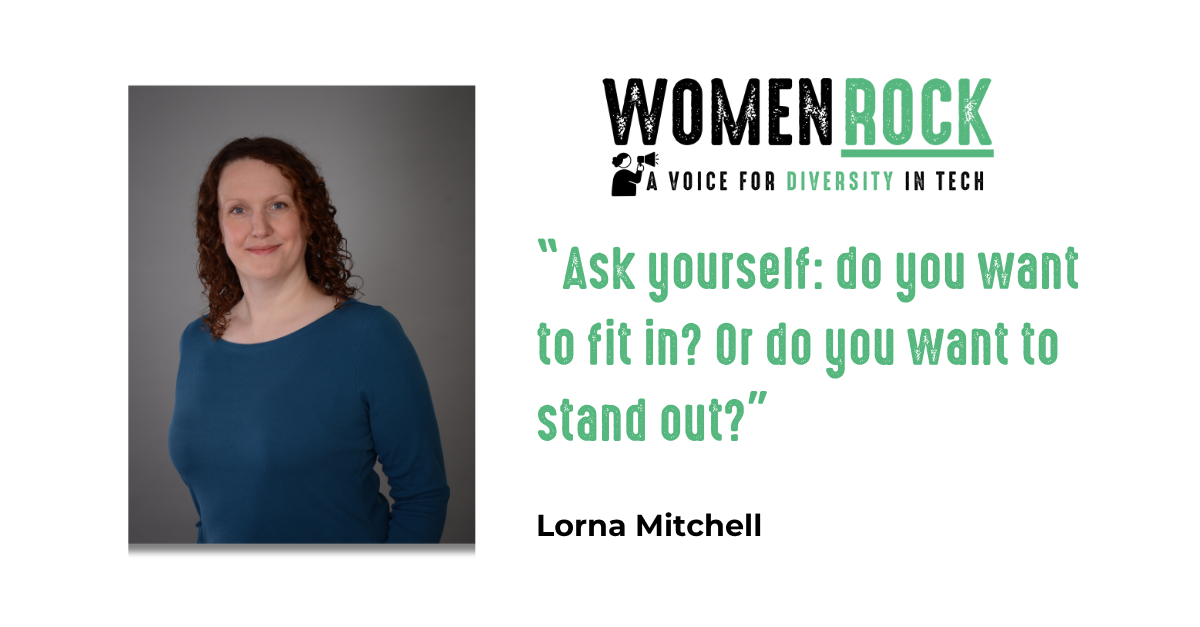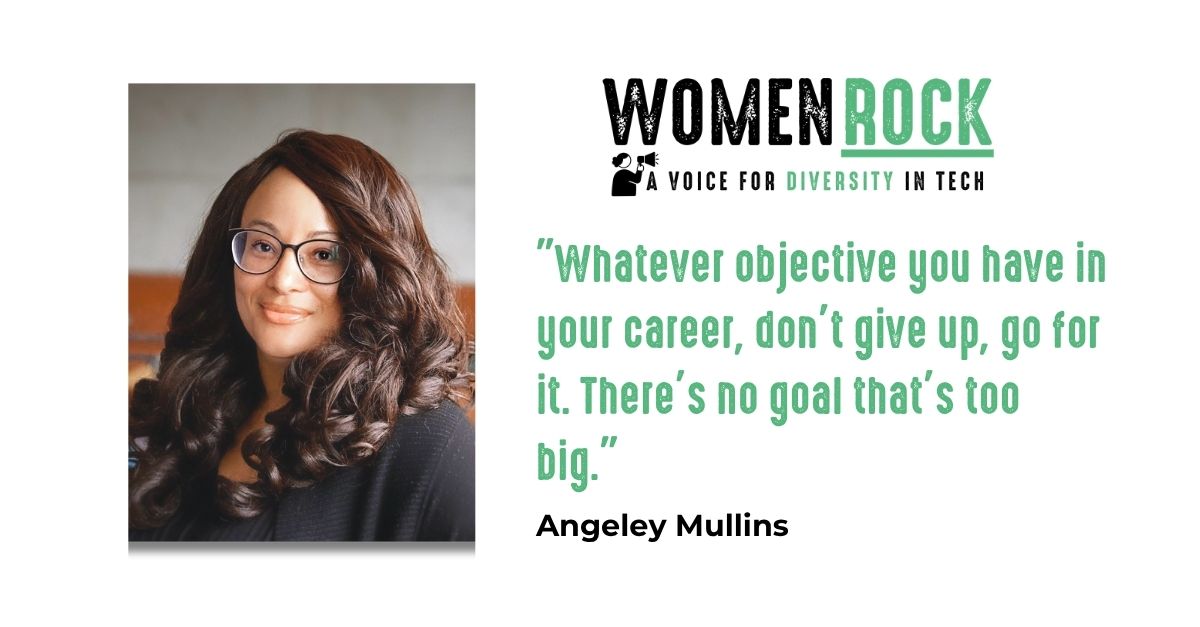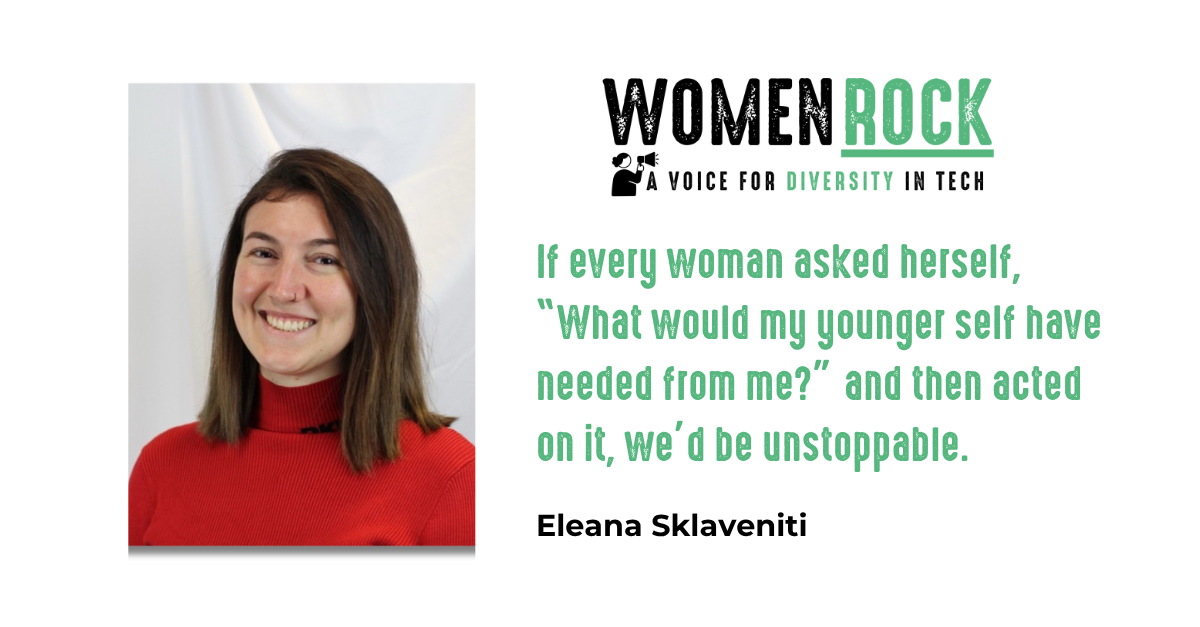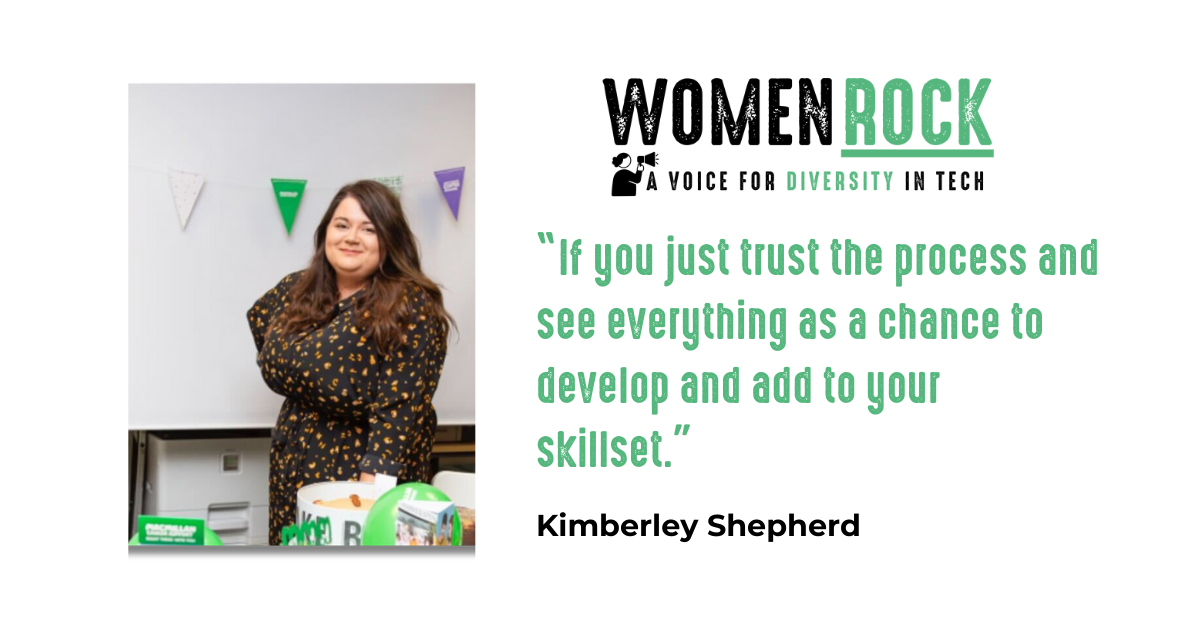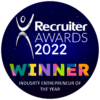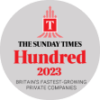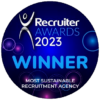A letter from Alicia Heya all, Thanks for being here and welcome to Women Rock – a voice for diversity in tech! I’m Alicia, founder of Women Rock, co-founder…
...
WHO WE ARE
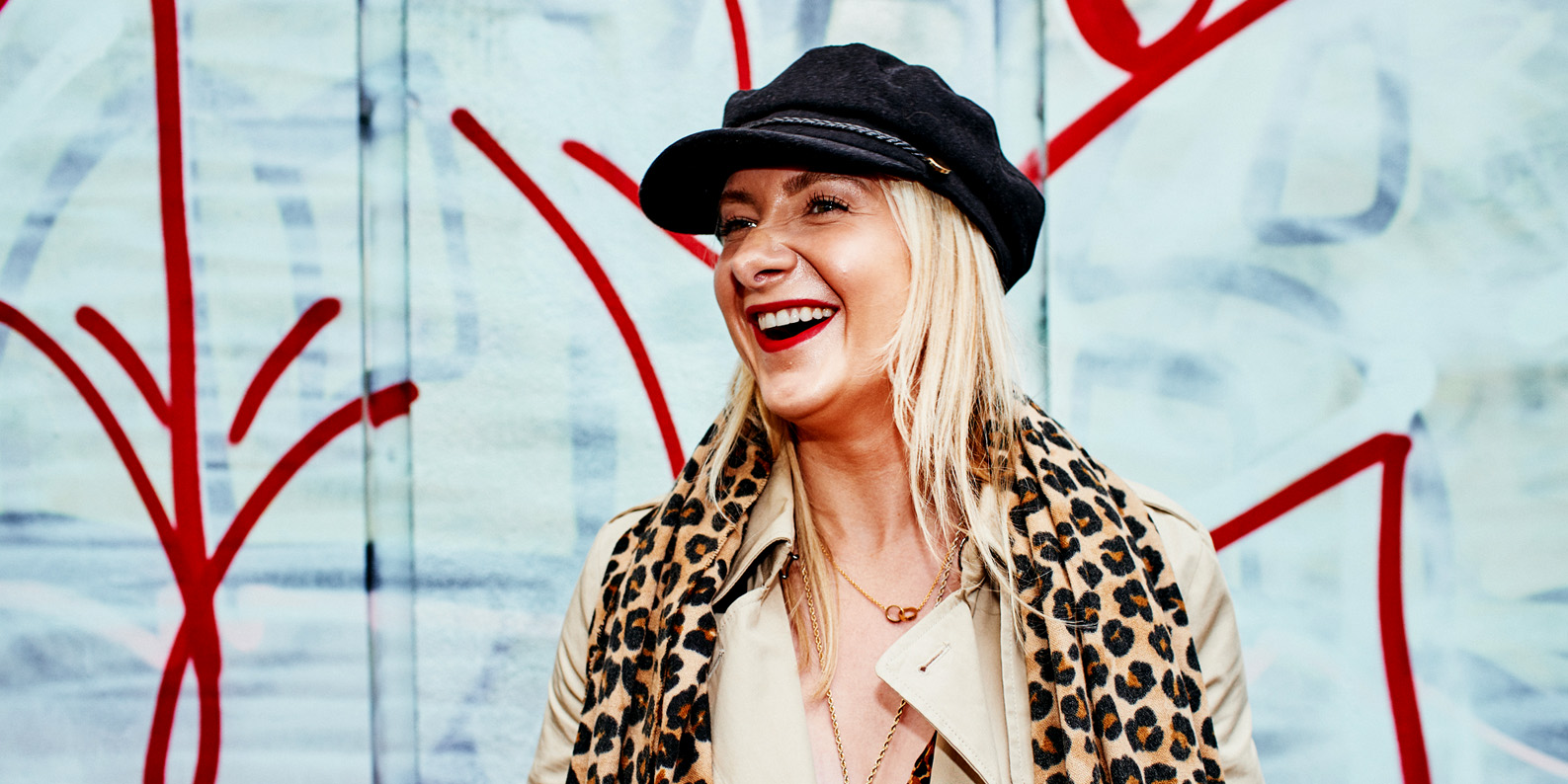
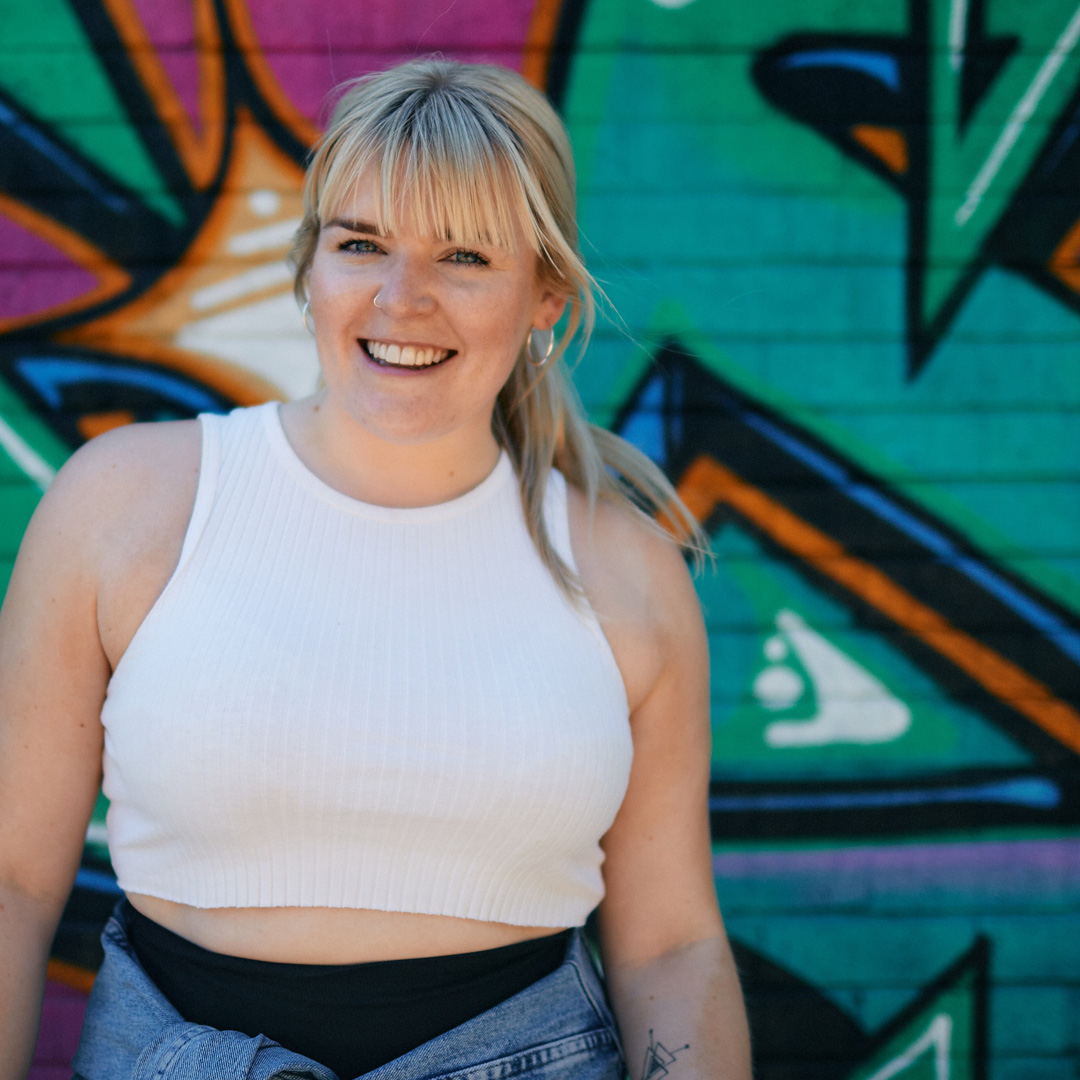
WHAT WE OFFER
We’re not just about stories; we’re about action.
From organising impactful events to bringing together brilliant minds, we create spaces where conversations about equity, diversity, and inclusion thrive. We’re proud to feature interviews with incredible women in tech who are breaking barriers, challenging norms, and inspiring the next generation.
But it doesn’t stop there—we’re also here to spotlight allies, amplify underrepresented voices, and share practical advice for companies and individuals who want to drive change. Everything we do is geared toward making the tech industry a place where everyone belongs.
WOMEN ROCK EVENTS
Women Rock Live: The Recap
Our first Women Rock Live was everything we hoped it would be – a night of real talk, laughter, and moments that made the room go quiet (in the best way).
We heard from incredible women leading change across tech, finance, and insurance, and were reminded that inclusion isn’t just about policy. It’s formed in the everyday moments of leadership, design, and community.
This was just the start – stay tuned for future events!
WOMEN ROCK BLOGS…
Women in Responsible AI: Why Risk and Responsibility are the Future of Tech Leadership
Gwendoline Grollier on how female founders are turning the “diversity gap” into a measurable performance advantage, and proving that “Trust is the True Currency of the Future” “Risk isn’t about…
...The Art of Code: Why Tech Needs More Creative Thinkers
Monika Grubizna on the Unconventional Path in Tech: From Fine Art to AI Leadership and Fighting the ‘After-Hours’ Promotion Culture “The creative background helps, understanding how people interact with systems…
Human First Approach to Data with Zoe Kelly
From systems analyst to Head of Data & Insights, discover how this inspiring leader champions Women in Tech: Beyond the Code, psychological safety, and empowerment. “Being one of the only…
Building a Gender-Balanced Team with Lucy Lyons
A look into how Co-Founder and CEO Lucy Lyons is not just talking about diversity, she’s building a company that proves it’s key to innovation. “We often have a tendency…
...A Non-Traditional Path to Leading in Sustainable Tech with Lisa Stanley
From financial services to founding her own company, discover how this inspiring CSO is challenging the norm and creating a greener world. “You don’t need to be a tech guru…
...Adaptive Leadership: A Journey from Dev to Global CTPO with Fateme
From Middle East Engineer to Berlin, discover how this inspiring leader navigates cultural shifts and builds trust in health tech. “I always had an interest in engineering, despite initial resistance…
The Impact of Leadership in Climate Tech with Georgie Steele
From McLaren F1 to pioneering AI, discover how this inspiring CTO is building inclusive tech and tackling climate change. Diversity in STEM isn’t just important—it’s urgent. These powerful words from…
...The Tech Career Adventure with Lorna Mitchell
Lorna Mitchell went from blogging about code to influencing global open-source standards. Her story proves there’s no one path to success in tech. “The ladder is not a ladder at…
...The Reality of Leadership in Tech with Angeley Mullins
“You can have it all, just not all at the same time.” In this episode of the Women Rock podcast, Esther Bareham sits down with Angeley Mullins, a global leader…
Eleana Sklaveniti I Apollo
“The reality is, if we don’t value ourselves appropriately, it becomes that much easier for others to undervalue us, too.” – Eleana Meet Eleana, a Data Engineering Manager at Apollo,…
Kimberley Shepherd I National Trust
“Be brave and say yes to things that feel uncomfortable.” Kimberley Shepherd didn’t follow the typical “tech path” and that’s exactly what makes her story so powerful. With a background…
...

